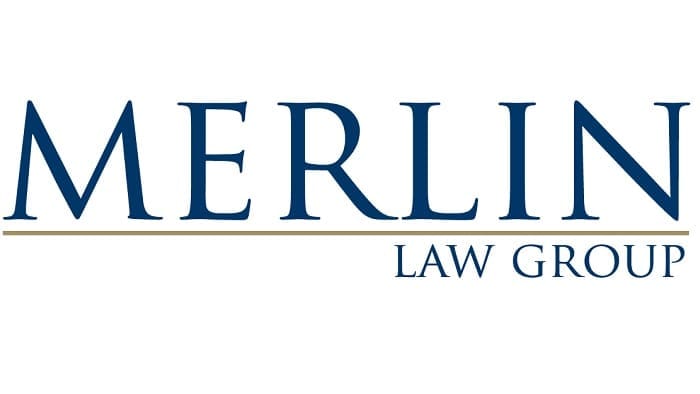
— Be Aware of Policy Clauses That Could Limit Time to File and Jeopardize Your Recovery —
Colorado is no stranger to severe hailstorms, with the state experiencing some of the most destructive hail events in the nation. Peak hail season typically runs from mid-April through September, when powerful thunderstorms can generate hailstones the size of golf balls or baseballs, causing widespread damage to homes, businesses, and vehicles.
Colorado experienced an exceptionally active hail season in 2023, with over 150 reports of 2-inch or larger hail – the second highest in the country. This included several major events, including the late June storm that injured nearly 100 concertgoers at Red Rocks Amphitheatre with 2-inch hail. Just a week later, baseball-sized hail caused widespread damage in Brush, Colorado. On August 5th, the Colorado Springs area saw 1.5 to 1.75-inch hail.
Homeowners often face extensive roof damage, shattered windows, dented siding, and destroyed landscaping after a major hailstorm.
“Hail is a common and destructive phenomenon in Colorado, causing billions in property damage each year,” said Jonathan E. Bukowski, an attorney with the Denver office of the Merlin Law Group. “By understanding the claims process and their rights as policyholders, homeowners can ensure a fair and full recovery.
“What’s important for people to know is the insurance policies are allowed to limit your time to pursue your claim against the insurance company,” he said. “Known as ‘contractual limitation,’ it means you might not be able to hold your insurance company accountable because the state of Colorado allows these policies to set a time limit.”
While it could be three years for a homeowners policy, homeowner associations or business owners can be limited to six months or a year. “A commercial claim could take more than 12 months, especially for the larger, more complex claims,” Bukowski said.
Bukowski offers these essential tips for Colorado residents navigating the insurance claims process:
- Always Request a Certified Copy of Your Insurance Policy – This provides the full details on the type of damage covered or excluded and the specific terms you’ll need to follow.
- Understand Policy Limitations and Exclusions – Review the policy carefully, as it may have restrictions on matching materials or depreciation schedules. It will also lay out the timeframe which you have to take legal action against your insurance company if you do not agree with their investigation. If legal action is not taken within the timeframe specified in the policy, you lose out on the ability to enforce the insurance contract.
- Act Quickly to Document Damage and File Your Claim – Inspect your home thoroughly and take detailed photos/videos as soon as possible after a hailstorm. Photographs help in capturing the extent of the loss.
- Assess the Insurance Adjuster’s Credentials – Always ask for the qualifications and experience of the personnel assigned to inspect the loss – oftentimes insurance companies will use people unskilled in evaluating damage or who do not have an understanding of the coverages under the policy.
- Request a Complete Copy of Investigation Reports – Always request a copy of the report prepared by an investigator or engineer and confirm that the investigation was for the type of damage covered under your insurance policy. Engineering firms will often investigate under an elevated threshold of damage, such as functional damage, that is not required for coverage under the insurance policy.
- Obtain a Second, Independent Inspection – If you disagree with the insurer’s assessment, hire your own qualified inspector or professional engineer.
- Review the Repair Estimate Carefully – Does the estimate include the necessary scope of repairs to fix your property or provide an allowance for the cost of a general contractor to supervise and coordinate the subtrades?
- Don’t Hesitate to Seek Legal Guidance – An experienced insurance claims attorney can protect your rights and maximize your recovery.
For more information, contact the Denver office of the Merlin Law Group at (720) 665-9680 or visit MerlinLawGroup.com.
About Merlin Law Group
With offices in Denver and across the U.S., Merlin Law Group is a national law firm dedicated to representing policyholders in disputes with insurance companies. Founded by William F. “Chip” Merlin Jr., the firm has recovered over $2 billion for clients and is renowned for its advocacy on behalf of homeowners, businesses, and communities impacted by natural disasters. For more information, visit MerlinLawGroup.com,






